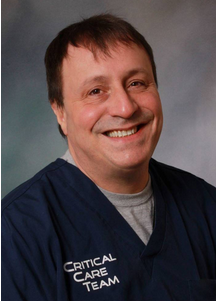It may be challenging to track down a suitable critical care physician. There are many things to think about, including the location of one's hospital, whether it's in an urban or rural region, and many other things. Through this article, you are able to find out more about Dr Jeremy Barnett and how he can allow you to through tricky times like those at ICU.

A critical care physician is a medical doctor who provides emergency treatment and long-term support for patients with a wide range of illnesses. He has extensive medical training and experience. Your physician may advise you on maintaining a wholesome lifestyle, which tests and vaccines you need to have, and how exactly to take care of yourself.
Learning More About Physicians
The medical community works together to boost population health and treat various illnesses, injuries, and other medical issues. In other words, they can't be separated from any medical facility, doctor's office, home health agency, clinic, etc. Simply put, a health care provider is a medical expert trained to assess, identify, and treat human health problems.
Depending on the part of expertise, they may be familiar with medical ethics, human anatomy, pharmacology, and other related fields. Doctors help people stay healthy by advising them in order to avoid illness, see signs of impending issues, and provide them with the procedure they should deal with such difficulties. Doctors and medical practitioners are other names for physicians.
Doctors need in-depth knowledge of medicine and excellent people skills to look after their patients well. They discuss the diagnosis, decide on the very best span of therapy, and check on patients to make sure they're doing well. They maintain the most recent changes to medical practice rules and standards and manage the medical personnel. As a physician, much of your responsibilities are to:

• Acquire some tests done and check the findings.
• Send them to the right doctors.
• Constitute some cure.
• Describe the potential negative effects of the medicine and the available remedies.
• Carry out primary medical care.
• Be sure to document your whole medical background.
• Discover the causes of the patient's problems and supply a diagnosis.
• Give suggestions on the best way to improve the patient's health.
